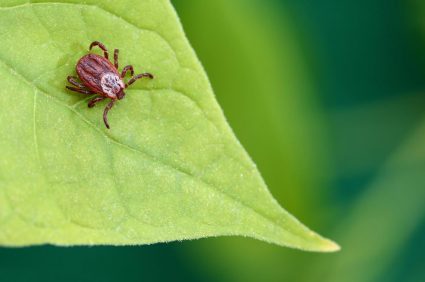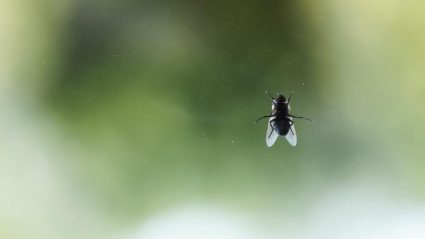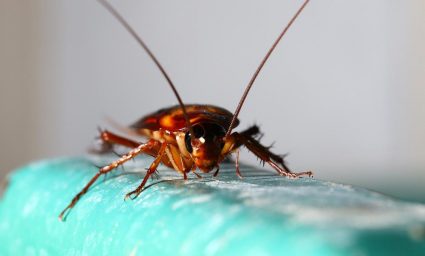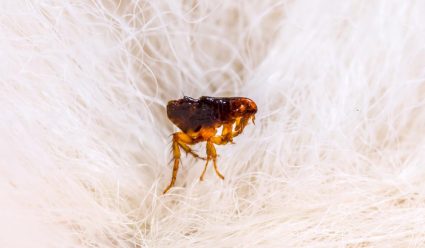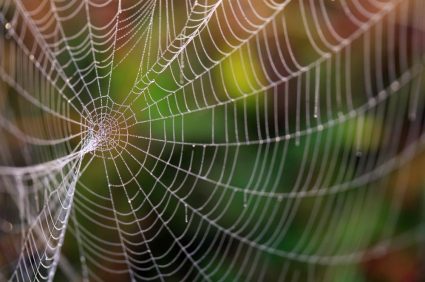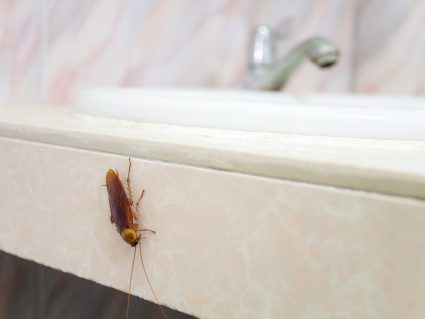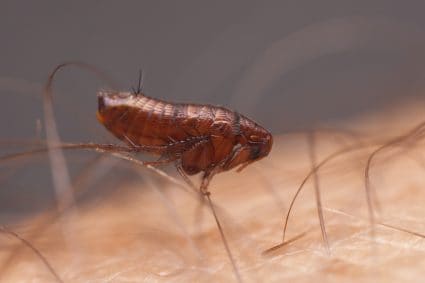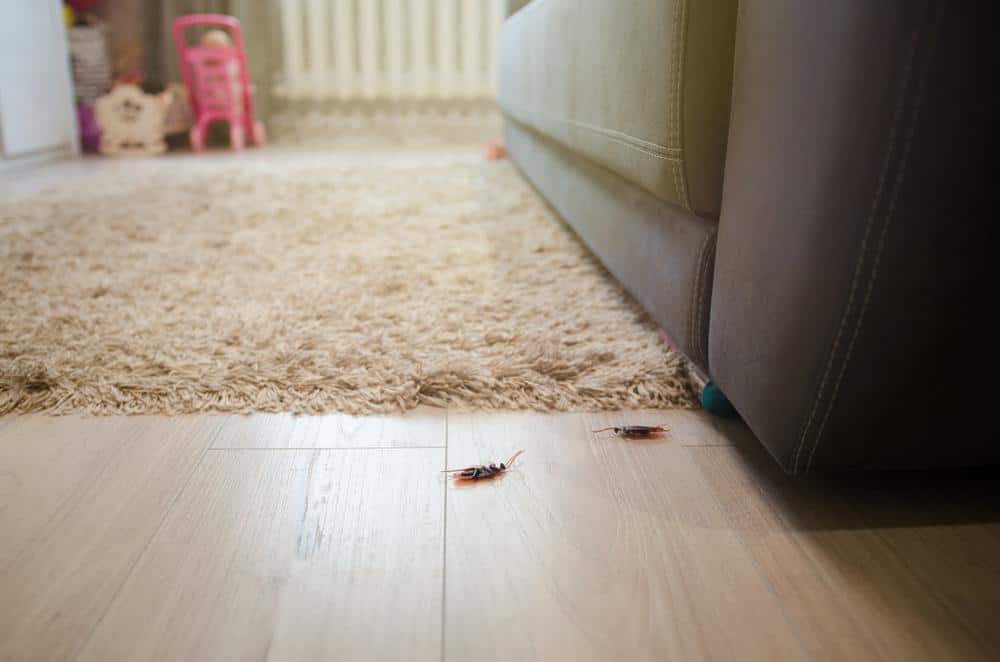
When it comes to dealing with roaches, many people are quick to reach for chemical solutions. However, these can be harmful to both humans and pets, making natural roach repellents a safer alternative. But what exactly is a natural roach repellent? Let’s dive deeper into this topic and provide some examples and statistics to increase your understanding.
A natural roach repellent is a substance or method that deters roaches without the use of harsh chemicals. They are typically made from ingredients that are unpleasant or harmful to roaches but are safe for humans and pets. Examples include essential oils such as rosemary and peppermint, diatomaceous earth, certain spices like cayenne and garlic, and mixtures of vinegar with tea tree oil or borax with sugar.
What is a Natural Roach Repellent?
A natural roach repellent is a substance or method that deters roaches without the use of harsh chemicals. These repellents often make use of ingredients that are unpleasant or harmful to cockroaches but are safe for humans and pets.
Key Ingredients in Natural Roach Repellents
Natural roach repellents can be made using a variety of ingredients. Some of the key ingredients used in these repellents include:
- Essential Oils: Roaches are known to hate strong scents, and essential oils like rosemary, peppermint, lavender, and eucalyptus are perfect for this purpose. Mixing these oils with water and spraying them in areas prone to roaches can help keep them away.
- Diatomaceous Earth (DE): This is a white powder made from the fossilized remains of diatoms, a type of algae. When roaches come into contact with DE, it damages their exoskeletons and causes them to dehydrate and die.
- Spices: Roaches dislike the smell of certain spices, such as cayenne, garlic, and onion powder. Sprinkling a mixture of these spices in roach-prone areas can help deter them.
- Borax and Sugar: This mixture is effective at killing roaches. However, borax can be harmful if ingested, so use this method with caution.
- Vinegar and Tea Tree Oil: A solution of vinegar, water, and a few drops of tea tree oil can deter roaches.
Effectiveness of Natural Roach Repellents
While natural roach repellents can be effective to some degree, their efficacy may not match up to that of chemical repellents. However, the benefit of natural repellents is that they provide a safer alternative, especially if you have children or pets at home.
Essential oils, for example, have been found to be quite effective. A study found that rosemary oil was 100% effective at repelling roaches. However, it’s important to note that while these natural remedies can deter roaches, they may not be sufficient to eliminate a severe infestation. In such cases, professional pest control services may be necessary.
Potential Risks or Side Effects
Despite being a safer alternative, natural roach repellents are not without their risks. Some individuals may be allergic to the ingredients in the repellents, such as essential oils. Also, some natural repellents, like boric acid, can be toxic if ingested in large amounts.
DIY Natural Roach Repellents
Making your own natural roach repellent at home can be easy and cost-effective. Here are some methods you can try:
- Essential Oil Spray: Mix a few drops of essential oils like peppermint, oregano, or catnip oil with water and spray it in areas where roaches are present.
- Baking Soda and Sugar Mixture: Combine equal parts of baking soda and sugar, and place the mixture in shallow bowls or containers near roach-infested areas.
- Borax and Sugar Mixture: Mix borax and sugar together and place it in areas where you’ve seen roaches.
- Vinegar Spray: Combine 1 part vinegar and 4 parts water with a few drops of tea tree oil, and spray the mixture in areas where roaches are present.
Remember, maintaining a clean home and eliminating sources of food and water for roaches is the first line of defense against infestations. Even with these natural repellents, cleanliness is key.
Conclusion
While natural roach repellents may not completely eliminate a roach infestation, they can certainly help deter these pests and are a safer alternative to chemical repellents. If you’re dealing with a severe infestation, it’s best to consult a professional exterminator. However, for mild to moderate infestations, these natural solutions can be a great place to start.
For more information and products, you can visit Home Depot, Amazon, or Walmart to find a wide range of natural roach repellents. Remember, the key is to find a solution that works best for your specific situation.
Frequently Asked Questions
How often should I apply natural roach repellents?
The frequency of application can depend on the severity of the infestation and the specific repellent being used. However, a general guideline is to reapply once a week or after cleaning the treated areas. Always ensure to follow the instructions if you’re using a store-bought natural repellent.
Can I use multiple natural roach repellents at the same time?
Yes, you can use multiple natural repellents at the same time. For instance, you could use an essential oil spray in your living areas while using a borax and sugar mixture in less accessible areas like behind appliances or in corners. However, it’s important to monitor the results to see which method works best for your situation.
Do natural roach repellents work on other pests?
Some natural roach repellents may also be effective against other pests. For example, peppermint oil is known to deter not only roaches but also mice and spiders. Diatomaceous Earth, on the other hand, can be used against a variety of insects including bed bugs, ants, and fleas.
Are there any natural roach repellents that are safe to use around food?
Yes, certain natural roach repellents like essential oils and vinegar spray can be used around food areas as they do not contain harmful chemicals. However, it’s still important to avoid direct contact with food. Always wipe down surfaces before preparing or placing food on them.
Do I need to clean up the natural roach repellents after use?
It depends on the type of repellent. For sprays made of essential oils or vinegar, there’s no need for cleanup. However, for powdery substances like Diatomaceous Earth or mixtures of borax and sugar, you may want to clean up after the infestation has been controlled to prevent any potential mess or ingestion by pets or children.

